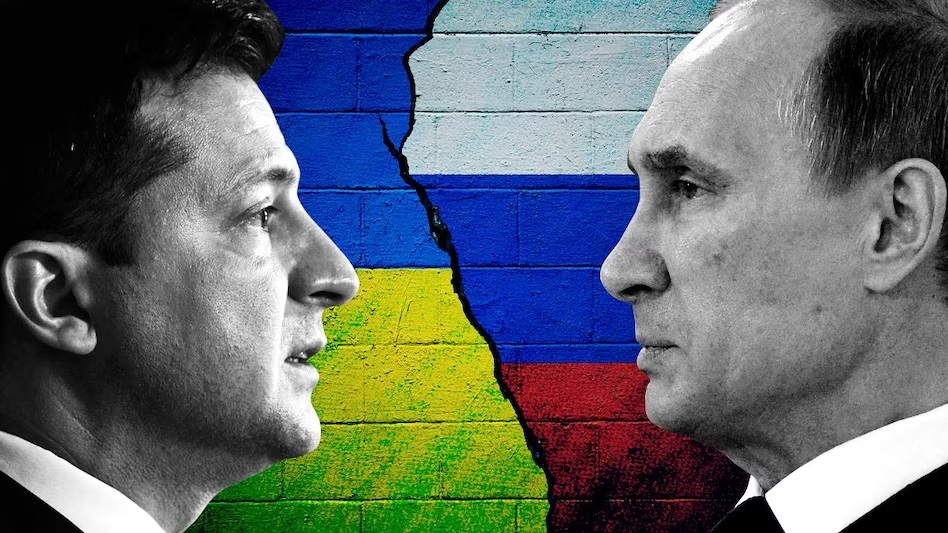
- If the West sustain Russian offensives and reclaims Ukrainian territories, Russia may be forced to consider previously isolated options.
- It is unlikely that the Ukrainian solution will lead to a ceasefire as there is a risk of escalation, potentially turning Ukraine into a focal point for global conflict.
For the very first time since the special military operation, Russia has used the term ‘war.’ This signifies that Russia acknowledges being at war with Ukraine. It is crucial to understand why they specifically used ‘war’ because, from the outset, they had been using the term ‘special military operation.’ A ‘special military operation’ is a more specific term, limited to Russia’s actions in the Donbas region, where they opposed Ukrainian brutality against ethnic Russians since 2014. They aimed to combat what they saw as neo-Nazis among the Ukrainian population in Donbas.
The shift to using ‘war’ implies a broader conflict. ‘War’ is a more encompassing term, allowing Russia to escalate the intensity of the conflict and involve multiple parties. Russia perceives Western support for Ukraine, both in humanitarian aid and direct military assistance, as a reason to broaden the conflict. By framing it as a war, Russia can target not only Ukraine but also those supporting it.
It is essential to understand Russia’s objectives in Ukraine. Does Russia seek only demilitarisation and denazification, or does it aim to dismantle the entire Ukrainian state? Influential Russian thinkers like Alexander Dugin advocate for a broader conflict against Ukraine, viewing the Ukrainian state as intertwined with neo-Nazi elements.
Despite Western support for Ukraine, notably from leaders like Emmanuel Macron, who proposed sending European soldiers, Russia opposes foreign military intervention, fearing it would escalate the conflict. The lack of resolution after almost two years of war indicates a protracted struggle, with Russia now indicating its readiness to escalate.
Now that Russia has used the term ‘war,’ it suggests that negotiations or a ceasefire with Ukraine are unlikely. With Western countries recommitting support to Ukraine and considering sending troops, it’s important to consider potential outcomes.
One possibility is that Western soldiers enter Ukraine, prompting Russia to escalate its involvement, leading to more destruction and loss of life, which is not in Ukraine’s interest. Another possibility is that as Russia attacks parts of Ukraine, it gains more territory, weakening President Zelensky’s negotiating position.
If Western countries sustain Russian offensives and reclaim Ukrainian territories, Russia may be forced to consider previously isolated options. These possibilities indicate that a Ukrainian solution will unlikely lead to a ceasefire. Instead, there’s a risk of escalation, potentially turning Ukraine into a focal point for global conflict.
(Srijan Kumar is pursuing a PhD in South Asian studies from Delhi University. He is a writer and a columnist for various digital media houses. Opinions expressed are the author’s own)
